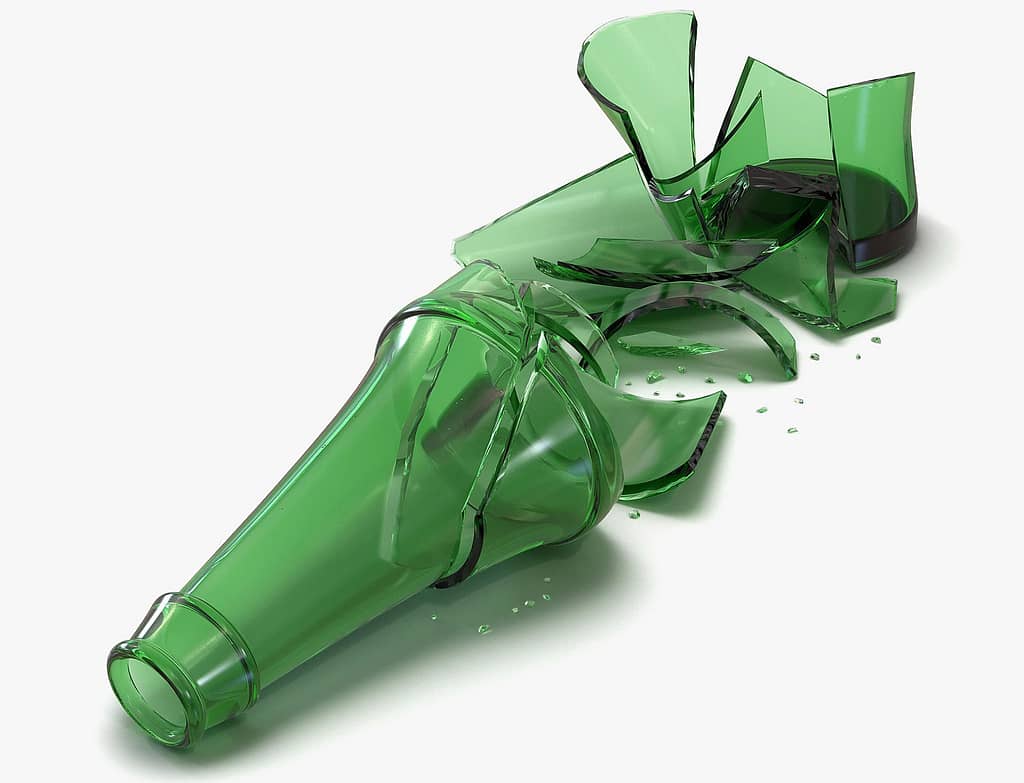Agricultural Solutions
Worth an estimated $170B, the global fertilizer industry is currently dominated by synthetic based fertilizers that incorporate nitrogen, phosphorus, potassium and other nutrients. However, the price of chemical-based fertilizers, in addition to herbicides, land, and labor have altered the supply chain. Raw materials and production costs have risen, and when combined with recent geopolitical events and strong demand, fertilizer prices are at an all-time high.
PLAN is working with customers who service the agricultural industry and are targeting end consumers who are seeking chemical free-soil additives and fertilizers that work just as well as, or better than, chemical alternatives. Local regulations banning chemical soil additives, along with general health concerns, are also prompting many throughout the industry to move to natural and organic fertilizers.
When micronized minerals such as soft rock phosphate are applied to farming fields, there’s a correlation between increased yields and plant biomass, organic matter build up and carbon sequestration where carbon is effectively transformed and trapped in soil. Soil is the second biggest carbon sink after the oceans, and is not only considered by many experts to be the most logical place to put excess carbon, but also shows additional benefits such as increased crop yields and soil moisture retention.

Construction and Building Solutions

Progressive Planet is in the process of commercializing eco-friendly and cost-effective alternatives to fly ash, which many view as a necessary “evil” ingredient in Portland Cement production. Fly ash is created as a by-product of burning coal to make electricity, and Portland Cement is the world’s most used cement and one of the greatest sources for CO2 emissions in the world. Every ton of Portland Cement accounts for approximately one ton of CO2 emissions.
The good news is that the use of natural pozzolan and post-consumer recycled glass is garnering increasing interest from the construction industry as an alternative to fly ash, the supply of which is steadily dropping off as coal-fired power plants close. In fact, all coal fired power plants in Canada are mandated to shut down by December 2029 – marking the end of fly ash. And other countries are following suit.
Progressive Planet’s novel PozGlassTM can be used as a supplementary cementing alternative, replacing significant levels of fly ash and Portland cement. Incorporating PozGlass and its post-consumer waste glass formula as a Portland Cement replacement helps the environment by reducing CO2 emissions as well as the amount of waste glass disposed of in landfills. When micronized, post-consumer glass becomes one of the natural pozzolans that improves and enhances concrete’s mechanical and durability properties.
Industrial Solutions
Mining involves the displacement of large volumes of soil and rock, resulting in various degrees of environmental degradation. As part of a responsible mining life cycle, completed mine areas must undergo rehabilitation. Mine reclamation entails restoring these disturbed areas to a previous natural setting, such as forest or agricultural land use, while minimizing environmental impacts. Operators must restore the land to its approximate original state or leave the land graded and suitable for a higher and better post-mining land use.
Progressive Planet is working with leading mining companies, providing the industry with products to promote plant growth and hold water to ensure tailings are not resaturated. Growth trials with soils containing tailings from years of mining are now underway and using leonardite and zeolite soil amendment and conditioner products.
Adding zeolite and leonardite to soil helps hold and slowly release water, reducing nutrient leaching runoff and helping maintain soil quality while improving soil aeration and promoting root growth.

